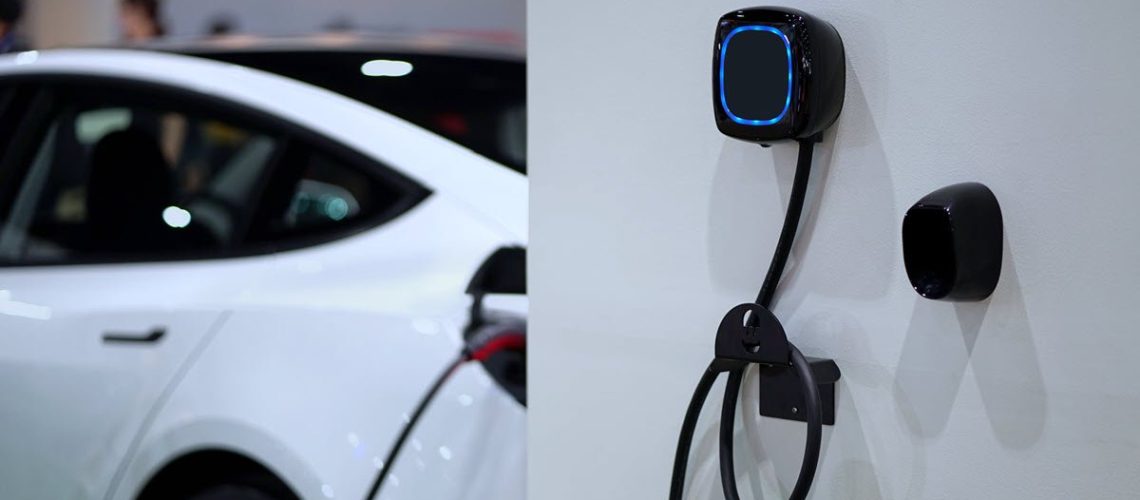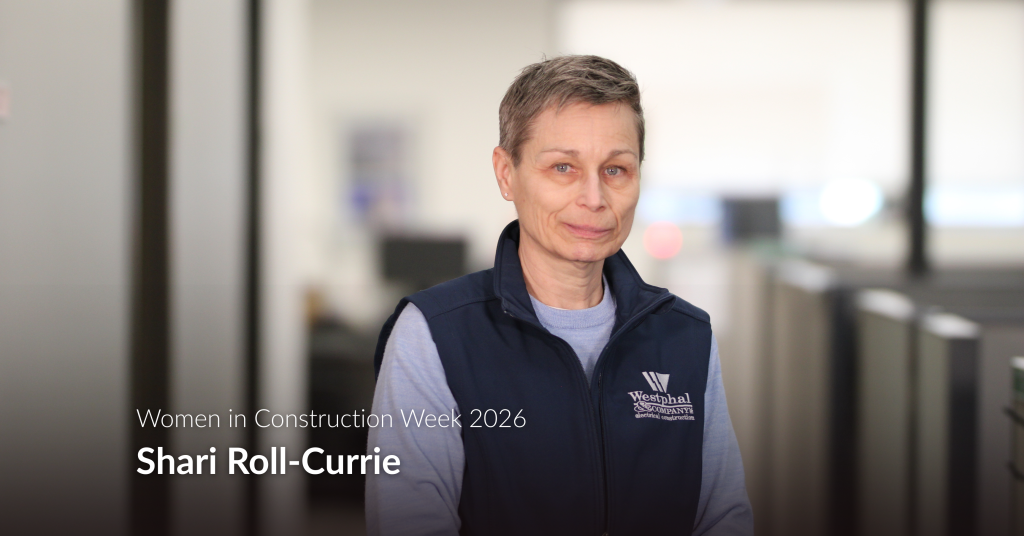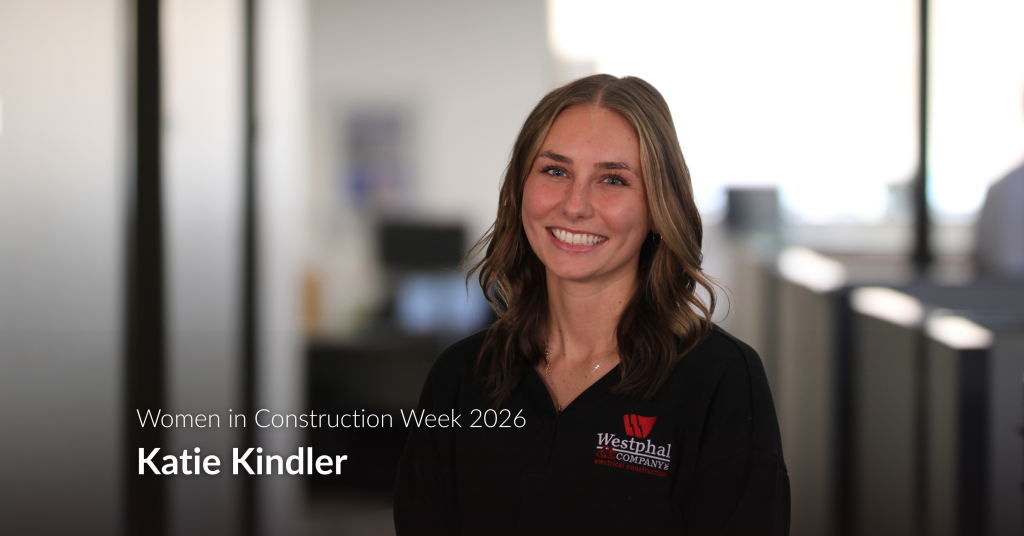As homeowners and businesses prepare for a wave of new electric vehicles to hit the market, many are wondering if their current electrical service will be enough to support their charging requirements in the future. It’s a great question to ask before purchasing an EV or a new fleet for your business. Let’s look at the factors that go into determining if your existing electric service and panel are ready to accommodate the additional load of a new EV charger.
Factors To Consider For Your EV Charger
There are two things to consider when determining if your existing service panel will handle the load of your EV charger: 1) your existing service size and 2) your household electrical load.
What Is Your Existing Service Size?
Determining the electrical service size in your home is first and foremost. If you have 200-amp service, your home is likely prepared for an EV charger install, as long as your existing panel has enough space to add a dedicated circuit for a level 2 charger. If you have enough amperage, but not enough space in the panel, a sub-panel may be necessary for the EV charger installation. A Westphal electrician will be able to evaluate your incoming service and determine if you have the space required in your panel.
If you have a 60 amp panel, you will not be able to add an EV charger to your home. This amperage is insufficient to run your appliances and handle the car charger, so upgrading to a 200-amp service would be recommended.
If you have a 100 amp service and an electrician determines your panel is at capacity, a service panel upgrade to 200 amps would be recommended.
If you have a 100 amp service and an electrician determines that you have amperage available, it may be recommended to upgrade to 200-amp service depending on the appliance load in your home.
What Is Your Electrical Load In Your House Like?
A level 2 EV charger can quickly utilize the majority of a 100-amp service to charge a vehicle (Tesla batteries require 24-42 amps). A home with 100-amp service and electric appliances may experience flickering or dimming lights and nuisance breaker trips due to the high electrical load of an EV charger. This is especially important for future considerations like an additional household electric vehicle or to accommodate visitor EVs.
Do I Need a Service Panel Upgrade?
In conclusion, a 200 amp service is recommended for installing a home EV charger. While an existing 100-amp service could be capable of handling a new EV charger, it may test the limits of your home electrical systems. The average home built more than 20 years ago will have a 100 amp service (if not a 60 amp), while new homes today are built to code with 200-amp service.
Contact Us for EV Charger Installation
If you’re ready to install an EV charger in your home, the electricians at Westphal & Company are here to help. We can help you choose the right location for your EV charger (an important decision since it is permanent) and evaluate your home electrical system to ensure capacity and safety. Additionally, Westphal & Company can install whole-home surge protection to protect all the electrical components in your home.
Contact us today for safe, reliable installation of your EV charger in the Madison, Milwaukee, Janesville, or Dubuque areas.
For more information on everything electrical checkout our FAQ’s page here.




